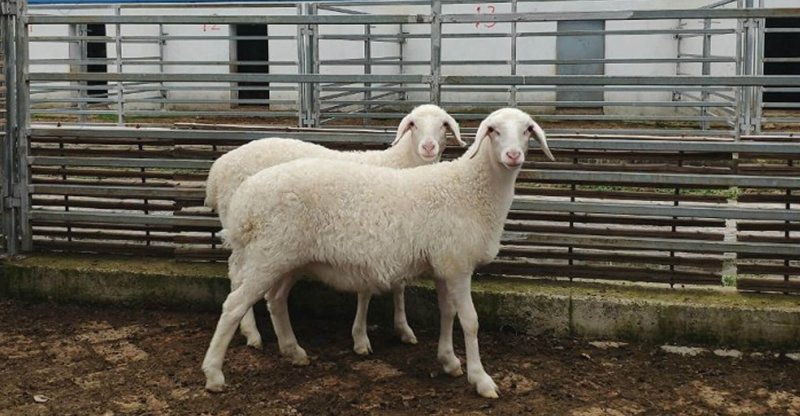Researchers at the Jiangsu Academy of Agricultural Sciences edited the MSTN, a negative regulator of muscle mass, of Huyang sheep, and they have produced five sheep so far, the Science and Technology Daily reported on [January 7].
The growth rates of two out of the five sheep were faster, and their weights at two months were 25 percent higher than normal.
“The gene-editing technology could be a way to improve the production of mutton and the percentage of lean meat. If there is no big difference between the edited sheep and foreign breeds, or the edited sheep mature faster and better than foreign ones, it will greatly reduce China’s dependence on imports of livestock,” [said] Wang Zuli, deputy researcher at the Institute of Agricultural Economics and Development at the Chinese Academy of Agricultural Sciences.
The Huyang sheep breed is unique for its high fertility rate and resistance to humid heat, which is why it is so widely raised across China.
However, the meat production capacity of Huyang sheep needs to rise to meet demand in China, a large mutton consumer, and gene-editing technology could help.































